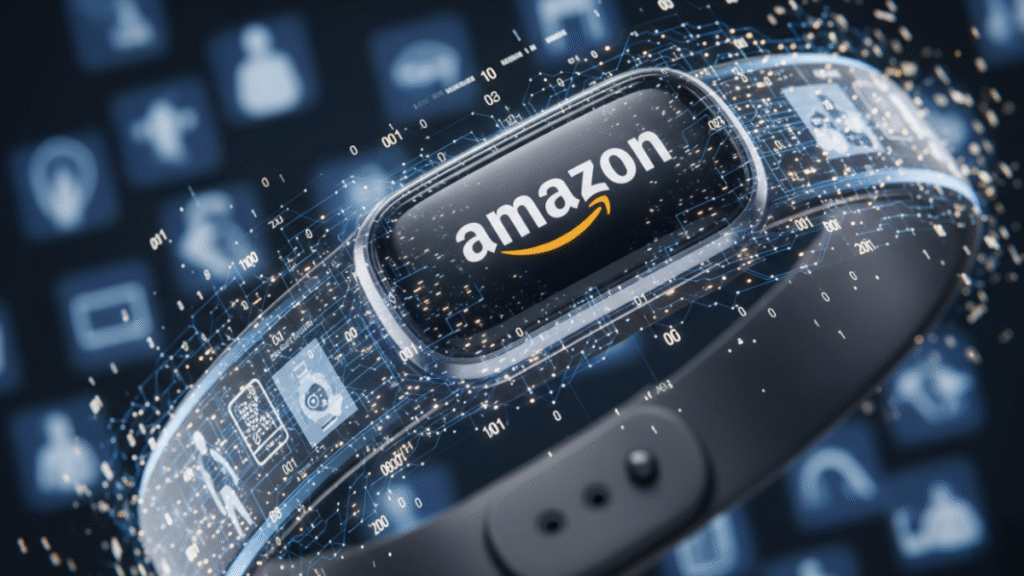Amazon is buying Bee—the AI-powered bracelet startup that listens to everything. With a $50 price tag and privacy promises, is this the future of personalized AI—or a surveillance nightmare?
Amazon has confirmed its plans to acquire Bee, a San Francisco-based AI wearable startup best known for its $49.99 voice-recording bracelet and Apple Watch app. The deal, first revealed by Bee co-founder Maria de Lourdes Zollo in a LinkedIn post, marks another aggressive step by Amazon into the generative AI space—this time in the form of a personal device that records and organizes everything you say.
While the terms of the deal remain undisclosed, Amazon says the acquisition has not yet officially closed. Bee employees have reportedly been offered roles at Amazon, and the startup is expected to join the division led by Amazon Devices chief Panos Panay.
Key Takeaways:
- Amazon acquires Bee, maker of a $50 AI bracelet that records conversations.
- Device transcribes audio, creates reminders, to-do lists, and context-based suggestions.
- Privacy concerns emerge, as device “listens always”—unless manually muted.
- Affordable alternative to other AI wearables like the $499 Humane AI Pin.
- Amazon pushes deeper into personal AI, beyond Alexa and smart homes.
Unlike other AI wearables that struggled with high price points and limited utility, Bee stood out with a simple goal: become your memory companion. Its bracelet (plus a $19/month subscription) continuously records conversations, offering users contextual reminders, to-do lists, and the ability to reflect on their day—something Bee markets as a “trusted ambient intelligence.”
Zollo previously envisioned Bee evolving into a “cloud phone”—a voice-first interface to manage messages, events, and accounts with zero screens, completely powered by AI.
That dream seems to align with Amazon’s expanding AI ambitions. Having recently overhauled Alexa with generative AI capabilities, launched its own LLMs (Nova), and released AI chips like Trainium, Amazon is now going after the AI hardware space—one that rivals OpenAI, Meta, and Apple are also exploring.
But the move is not without controversy.
Bee’s always-listening nature raises red flags in a world increasingly concerned with privacy. The company claims that recorded audio isn’t stored or used for AI training, and that users can delete their data anytime. Future updates promise boundary settings—so the device won’t record based on topic or location—and plans for more on-device processing to minimize cloud risk.
Still, skeptics point to Amazon’s mixed track record. The tech giant faced backlash in 2023 for giving Ring camera footage to law enforcement without user consent or a warrant. Could Bee’s privacy policies shift under Amazon’s ownership?
Zollo says Bee aims to make AI feel “less like a tool, more like a companion.” But with Amazon now in the mix, that companion might come with trade-offs.
This acquisition signals Amazon’s broader shift toward personal, wearable AI—a space ripe for innovation but fraught with privacy implications. If done right, Bee could change how we organize our lives. If mishandled, it may only deepen mistrust in tech.
